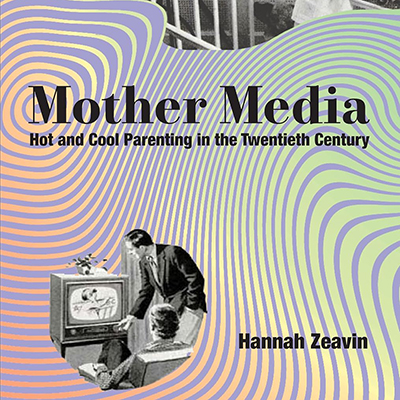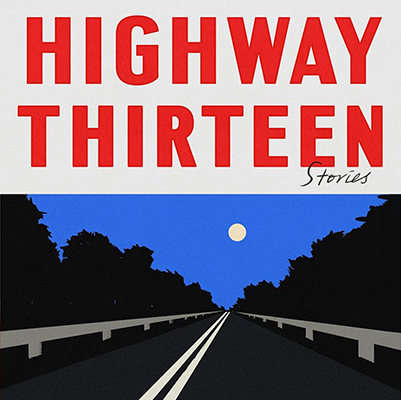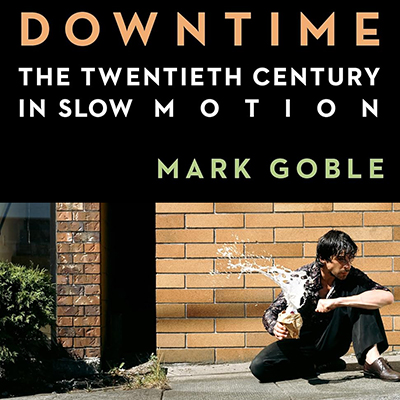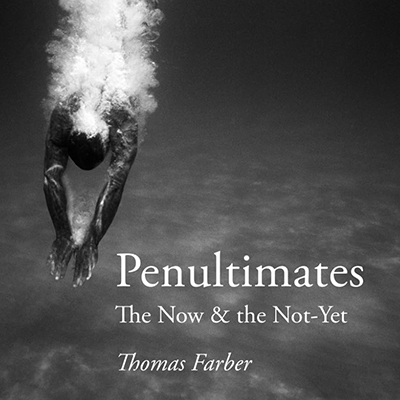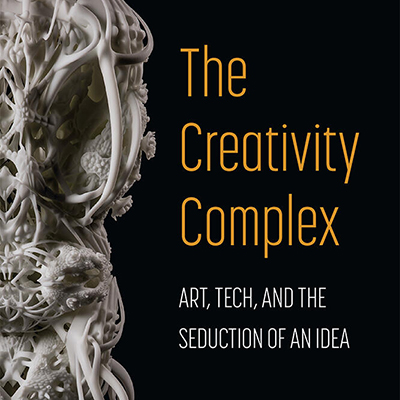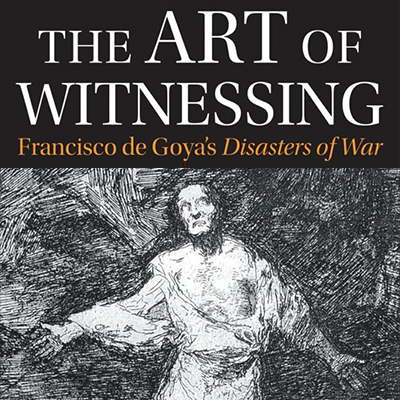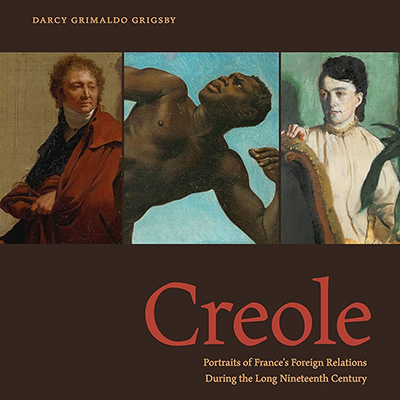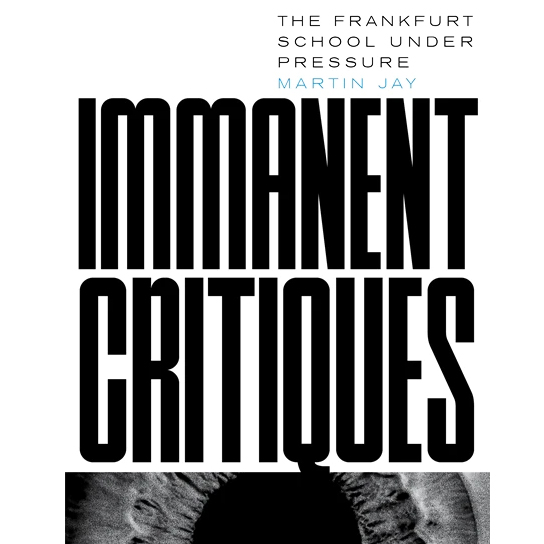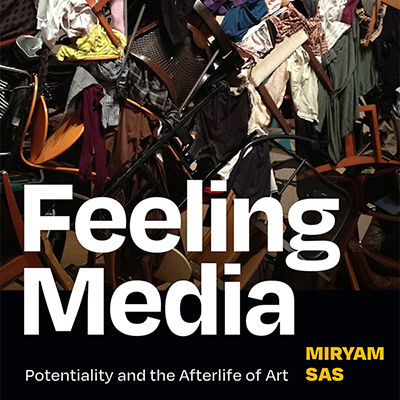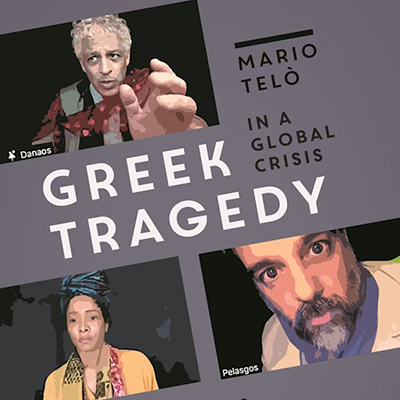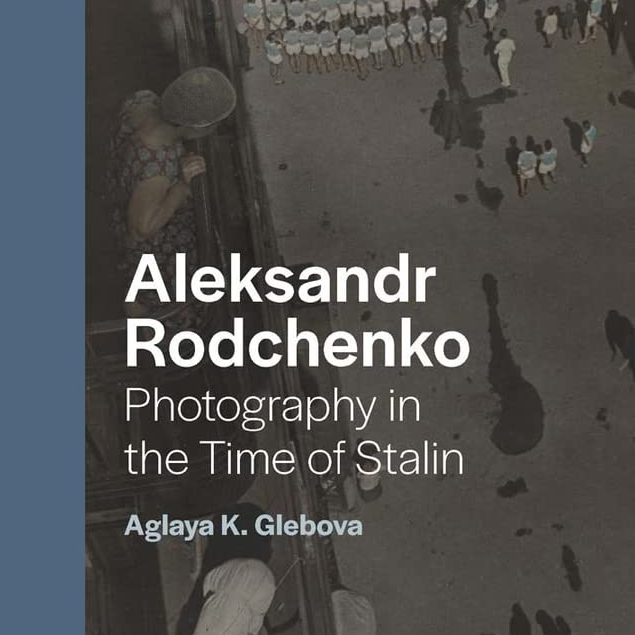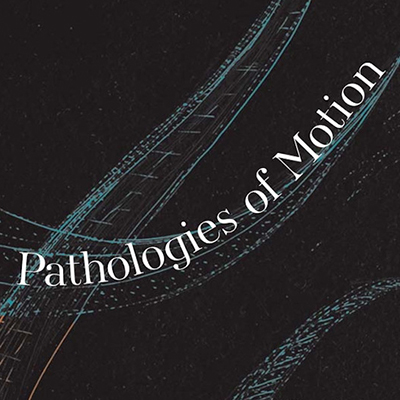The Townsend Center presents a lunchtime series celebrating the intellectual and artistic endeavors of the UC Berkeley faculty. Each Berkeley Book Chat features a faculty member engaged in conversation about a recently completed publication, performance, or recording. The series highlights the extraordinary breadth and depth of Berkeley’s academic community.
Hannah Zeavin tells the complicated story of American techno-parenting, for an object lesson in how using technology in our most intimate relationships became a moral flash point.
Fiona McFarlane's gripping collection of short stories explores the reverberations of a serial killer’s crimes in the lives of everyday people.
Mark Goble explores how slow motion in film and literature reveals a deep cultural fascination with the uneven speeds of modern life and our ability to comprehend them.
Concrete Encoded: Poetry, Design, and the Cybernetic Imaginary in Brazil
Nathaniel Wolfson shows how the concrete movement in art and poetry — which burst onto Brazil’s cultural stage in the 1950s, during a dizzying period of modernization — presciently grappled with an emerging information age.
In his exploration of plays named after objects, Mario Telò offers a new approach to the politics of familial and social relations in Roman comedy.
Past Events
In his wry meditation on aging, Thomas Farber memorializes lost friends and takes the measure of our current moment.
Shannon Steen explores how discourses of creativity can seduce us into joining a worldview that justifies structural inequalities, environmental degradation, and other aspects of contemporary capitalism that we might otherwise find troubling.
Intervening in debates on historical memory, testimony, and the representation of violence, Michael Iarocci shows how Goya's masterpiece extends far beyond conventional understandings of visual testimony.
Deep Care: The Radical Activists Who Provided Abortions, Defied the Law, and Fought to Keep Clinics Open
Angela Hume offers lessons from generations of underground activists and clinicians who worked to protect abortion access.
Creole: Portraits of France’s Foreign Relations During the Long Nineteenth Century
Through her study of portraiture, Darcy Grimaldo Grigsby examines the indeterminacy of the term “Creole” — a label applied to white, black, and mixed-race persons born in French colonies during the nineteenth century.
Honoring the Frankfurt School's practice of immanent critique, Martin Jay puts critical pressure on a number of its own ideas by probing their contradictory impulses.
In her exploration of media art and theory in Japan, Miryam Sas opens up media studies and affect theory to a deeper engagement with works and theorists outside Euro-America.
Mario Telò asks what it means to read Greek tragedy in a pandemic, exploring how the genre can address urgent contemporary crises.
Through the lens of Aleksandr Rodchenko’s photography, Aglaya Glebova charts a new understanding of the troubled relationship between technology, modernism, and state power in Stalin’s Soviet Union.
Pathologies of Motion: Historical Thinking in Medicine, Aesthetics, and Poetics
Kevis Goodman approaches late 18-century medicine, aesthetics, and poetics as overlapping forms of knowledge that probe the relationship between the geographical movements of persons displaced from home and the physiological “motions” within their bodies and minds.
